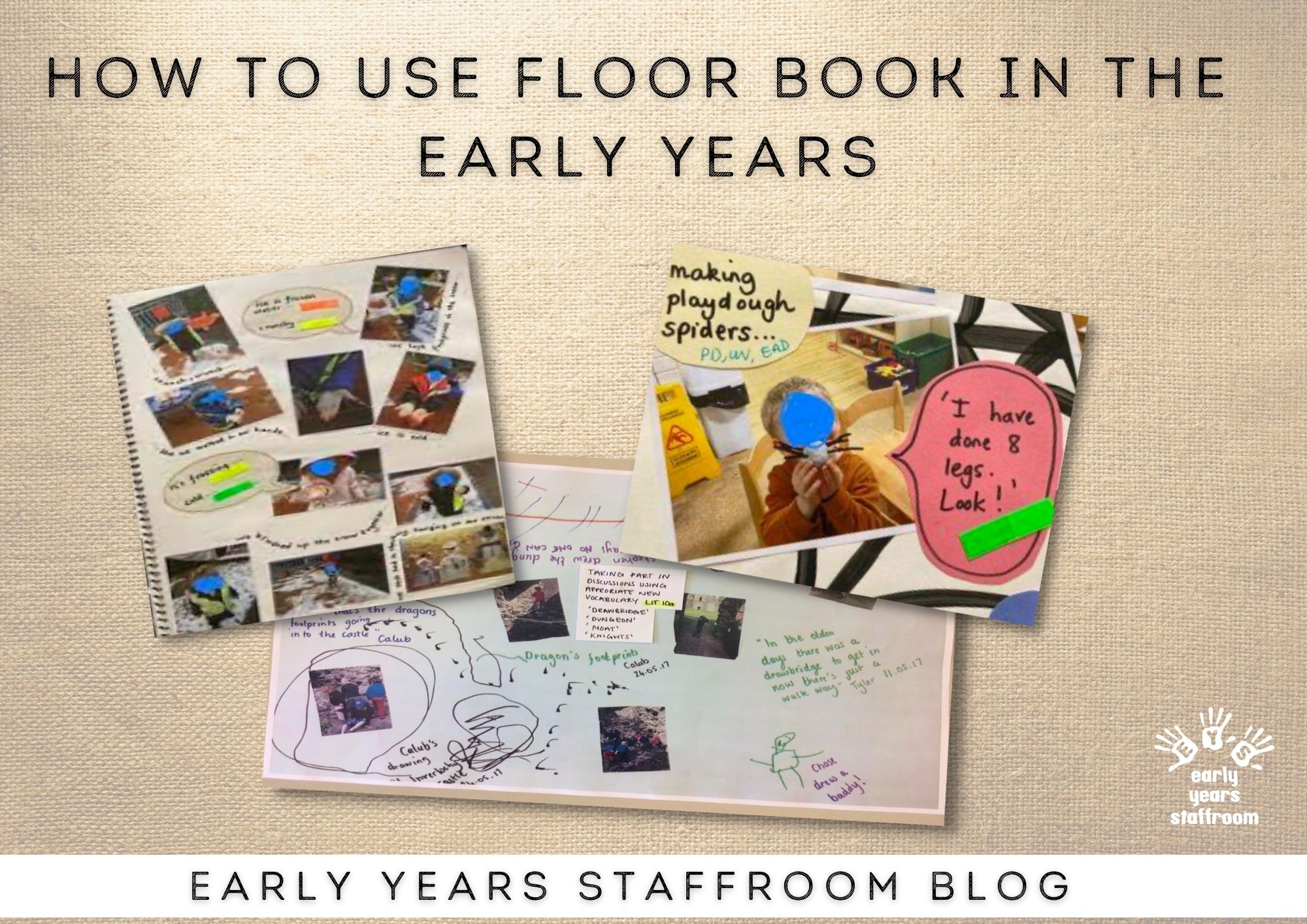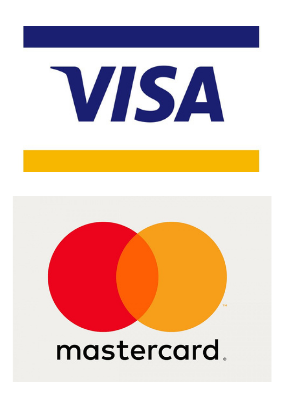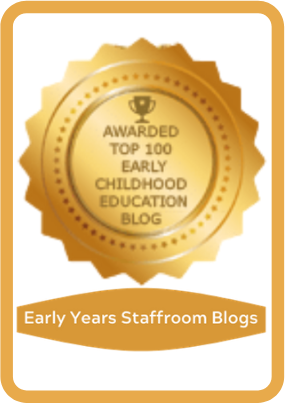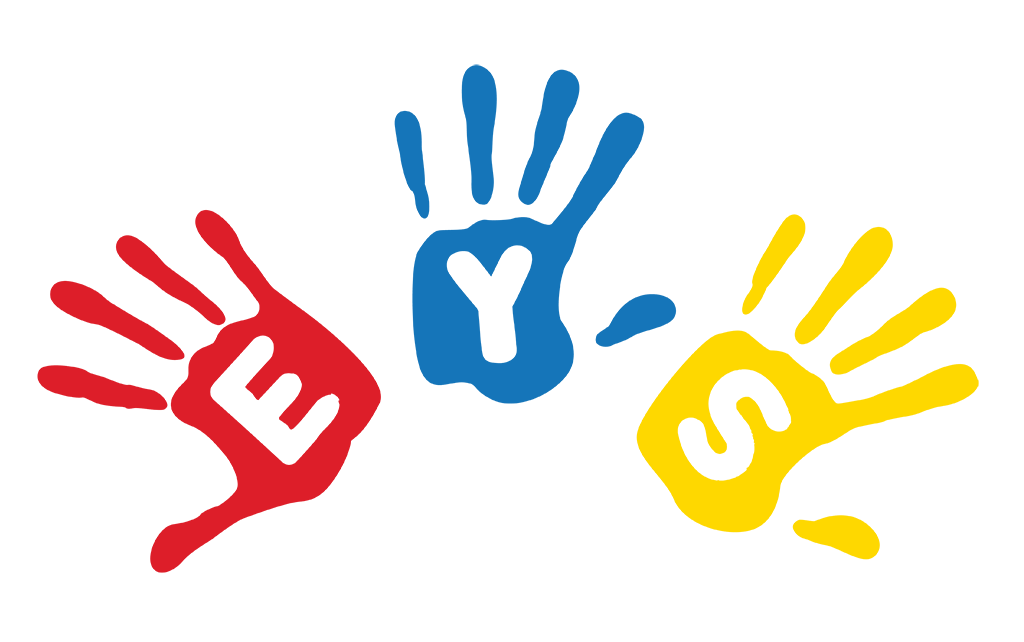I have been asked many times about floor books, how they work by many working in Early Years so I thought it would be useful to write a blog about them.
What are floor books?
Floor books are a shared book with a group or class of children. They document a group learning journey and work to encourage the voices of the children. Teachers can use provocations and open questions to develop and document children’s knowledge and thinking skills.
Floor books are large, usually A3, that are accessible to children at all times, hence the name, they are usually kept on the floor. These books are co-created by the children and the Teacher. Every child is encouraged to contribute their thoughts, ideas and observations.
What is the purpose of them?
- They capture the voice of the child.
- Floor books enable a specific interest to be developed at a deeper level.
- Helps to develop children’s higher order thinking skills.
- Enables teachers to build on what children already know.
- Develop children’s problem solving skills.
- Extend ideas and shared thinking.
- Children can revisit their work.
- Children have ownership of their work.
- Children are learning for a purpose.
- Increase children’s self-esteem, motivation and independence.
- Children feel valued and part of a community.
- Documentation to share the journey with parents and visitors.
How to organise your floor book and what to include…
Floor books document the process of learning, capturing children’s thoughts, ideas, questions, observations and reflections. Organising a floor book is critical to its success as a learning tool. Here is a strategy that can guide you to create a well-structured and engaging floor book:
1. Decide on the structure – will the floor book follow a chronological order or be based around specific themes or interests?
The starting point should be child-initiated. You could have a couple of different books on different themes.
2. Talk about the guidelines for the book with the children, how they contribute. Talk to the children about how to add drawings and captions and how they should handle the book.
3. Include a table of contents that can be edited in order to be flexible.
4. Dating entries of photos, captions, artwork will provide a chronological account which can track progress over time.
5. Include teacher observations of children’s behaviours, interactions or reactions during different activities. These observations can provide valuable insights into the children’s learning and development.
6. Label photos and drawings with the words from the children.
7. Provide space for reflection, reflections are a critical aspect of the learning process. Teachers can include their own reflections or those of the children about various activities.
8. Document conversations, thoughts, questions and ideas, you can use speech bubbles to quickly write on and stick in.
9. Document plans and predictions; future learning plans, based on the children’s interests and inquiries can be recorded. Predictions made by children during exploratory activities can also be documented.
10. Ensure all children have a voice. Have a list of children at the back of the book and tick off each time they make a contribution.
If you find some children won’t speak staff will need to communicate in different ways with children. They could instead note body language when shown the floor book, giving positive feedback at every attempt at communication.
The most important aspect of organising a floor book is maintaining flexibility. The book should evolve naturally with the children’s learning journey. This dynamic nature is what makes floor books such a powerful tool in Early Years.
Remember, a floor book is a collaborative tool, and children should be encouraged to participate in the process. It is all about capturing the unique and diverse voices of children, making them visible and giving children a sense of ownership and community.
Are there any disadvantages to using floor books?
While floor books are beneficial when used in the right way, like any teaching tool, they do have potential drawbacks.
Time Consuming – time needs to be invested to document and organise children’s input. This could be done as much as possible with the children so Teacher’s are not doing it after work. Keep speech bubbles ready around the room to write on and remember you don’t need to include everything.
Skilled Teachers – Teachers need to know how to be the facilitator, they need to skilfully guide discussions, stimulate ideas and ensure all children’s voices are heard. We have created a PowerPoint to teach staff about floor books.
Messiness and Disorder – given their interactive nature with many children floor books can become messy, especially if children add their thoughts independently which can make it challenging for others to engage in the content.
Storage and Preservation – Floor books, especially those that incorporate physical items like leaves and feathers can become hard to store. They also need a space in the classroom. Once children move up to the next class they could then take the books with them to reflect on.
Parent and Staff Engagement – Parents and staff may not understand the purpose and value of floor books, especially if they are used to traditional methods of tracking progress. Educators may need to spend time explaining it to parents. We have created a PowerPoint to help with this.
Individual Tracking – Floor books provide an overall picture of the groups learning journey, they may not offer detailed insights into an individual child’s progress. It may need to be supplemented with other forms of assessment for example a simple tracker. It is important to remember that these challenges can often be mitigated with careful planning and regular reflection.
Despite these drawbacks floor books continue to be a valuable tool in Early Years Education, fostering creativity, collaboration and active learning.
In conclusion, by giving children ownership over their learning journey, these books not only make education more engaging but also help develop essential skills like critical thinking, problem-solving, and independence as well as children being part of a community and feeling valued.
Floor books need to be used skilfully by educators and are a way to facilitate a way of teaching that enables children to go deeper into a specific interest, extend their ideas and build on their previous learning. Floor books are of course not necessarily needed to be able to teach in this child centred way, they are an approach that some educators prefer to use. We respect every teacher has their own approach.










